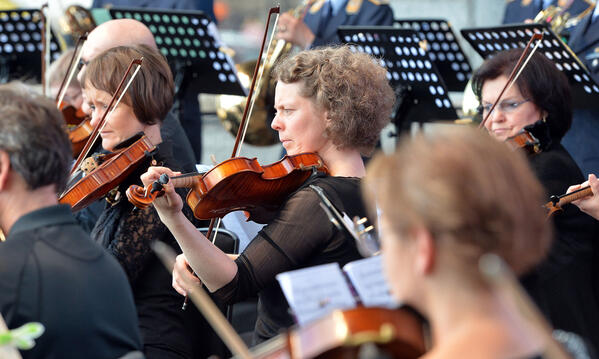Great cultural diversity

Germany’s federal structure also contributes to the richness and diversity of the country’s cultural landscape. Since its foundation in 1949 and reunification in 1990, the Federal Republic has consciously drawn on its federal traditions and handed over responsibility for culture to the states.
In the past, Germany was made up of many free cities and small and medium-sized states. One remnant of this former structure are around
- 38 national theatres
- 90 municipal theatres
- 25 state theatres
- 86 private theatres
- 35 independent symphony orchestras Orchestras There are around 130 German professional orchestras, first and foremost among them the Berlin- Philharmonic, the Berlin Staatskapelle, the Gewandhausorchester, the Bamberg Symphonic and the Munich Philharmonic Read more ›
Which cultural events take place in Germany?
7,200 museums and galleries make for an unparalleled museum scene. In addition, world-famous cultural events take place across the whole country. These include the Berlinale - Berlin Berlin Once a year, during the Berlinale film festival, the world of the silver screen focuses its attention on Berlin. And the city’s inhabitants are used to global interest. After all, the people of Berlin have lived in a capital city since 1458. However, there is also a shady side to the city’s history… Read more › ’s international film festival - the Bayreuth Festival, Frankfurt Book Fair Frankfurt Book Fair The International Frankfurt Book Fair has taken place every autumn since 1949 and is the outstanding annual international book trade get-together. The highpoint of every book fair is the award-giving ceremony for the Peace Prize of the German Book Trade, which has been won by the likes of Margaret… Read more › and Rock am Ring.


